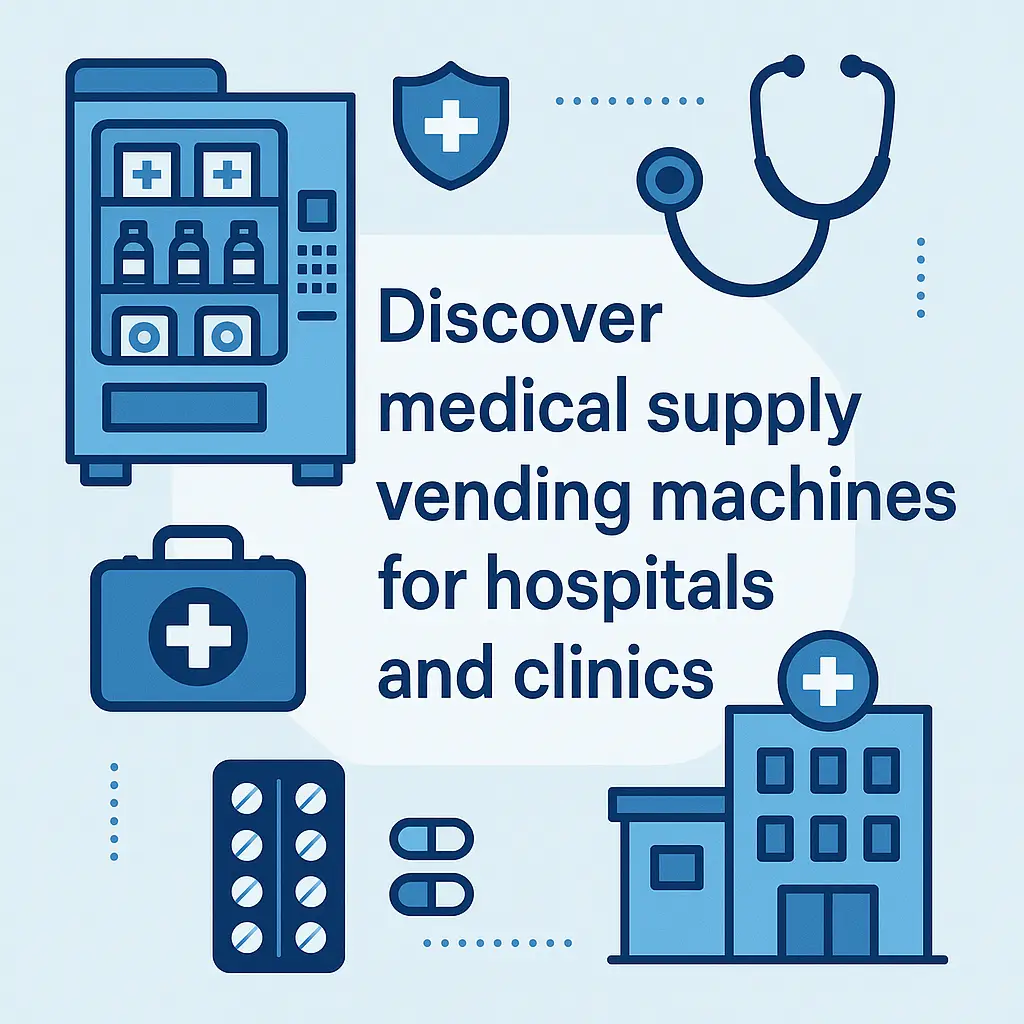Modern healthcare demands efficiency, precision, and reliable access to critical supplies. Medical supply vending machines are at the forefront of this transformation, offering an innovative solution for managing and dispensing essential items in hospitals, clinics, and other medical environments. These specialized machines go beyond traditional snack and beverage offerings, providing a secure, automated way to distribute everything from personal protective equipment (PPE) like masks and gloves to bandages, small medical tools, and even certain pharmaceuticals.
The primary benefit lies in their ability to ensure 24/7 availability of supplies. Healthcare professionals can access necessary items precisely when needed, bypassing the delays of traditional supply rooms or manual dispensing. This immediate access is crucial in fast-paced medical settings, contributing to improved patient care and staff productivity. Moreover, these machines integrate advanced technology for robust sanitation and compliance, critical for maintaining sterile environments.
Beyond immediate access, medical supply vending machines offer unparalleled inventory control. Each transaction is often linked to an employee ID or access card, enabling detailed tracking of who took what, when, and from where. This data is invaluable for reducing waste, preventing pilferage, and optimizing stock levels. Facilities can gain insights into usage patterns, forecast demand more accurately, and significantly cut down on operational costs associated with manual inventory management. For larger facilities with multiple points of need, effectively managing vending across numerous locations becomes effortless with centralized systems.
The adoption of medical supply vending machines signals a move towards smarter, more secure, and highly efficient healthcare logistics. Facilities can ensure that their staff are always equipped with the right tools and protection, enhancing safety for both patients and providers. This innovative vending solution not only streamlines operations but also contributes to a modernized healthcare infrastructure, ready to meet the demands of tomorrow.

